
The increased movement of children and families across Europe, the heightened vulnerabilities associated with this, and the variation in official and unofficial responses suggests the need for more consistent training among social workers and NGOs working with families on the move.
This e-learning module has been designed to help professionals and students understand the challenging policy and practical environments in which social workers and NGO staff must operate. It addresses the complexity of working with people from diverse cultural backgrounds with a variety of needs.
Learning Outcomes
- Describe international policy and practice frameworks relating to children on the move and the obligations they place on the member states
- Describe the main elements of the asylum process and reflect upon the role of professionals within this system
- Consider and appraise the practical issues facing professionals whose role it is to assess and support families on the move
- Understand and reflect upon the issues faced by families on the move
- Analyse and appraise the challenges of transnational child protection work.
This e-learning module is part of a wider Erasmus+ funded project in which colleagues from the Universtiy of Tirana, New Bulgaria University, University of Prishtina, University of Bucharest, University of Belgrade, State Pedagogical University of Chisinau, in partnership with Terre des hommes and the Universities of Kent and Stirling (UK), collaboratively developed child protection modules for qualifying social work programmes in each of the partner countries.
The Erasmus+ project ran from 2015 to 2018, and identified five core modules for which we developed training and educational materials to provide consistency of content, improving quality of teaching and assessment, enhance student learning and development, and ultimately, improve outcomes for children.
This e-learning module is the product of a collaborative process that builds upon the knowledge of the project partners, social work practitioners and academics included in this Erasmus+ project. It is available as a "stand-alone" resource for universities and organisations across the world. It poses questions and provides brief, prompt answers.
![]()
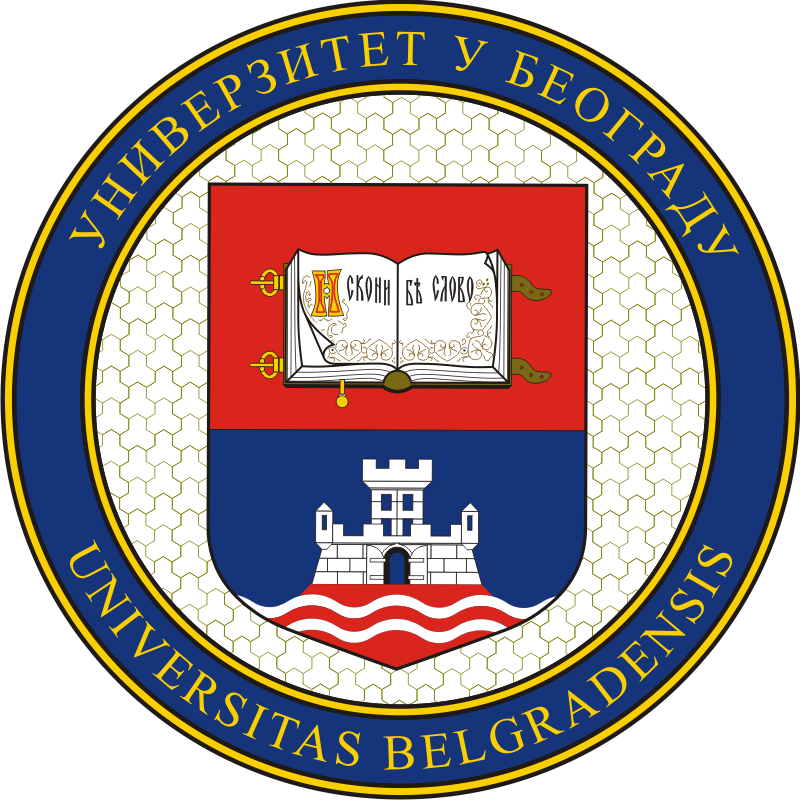
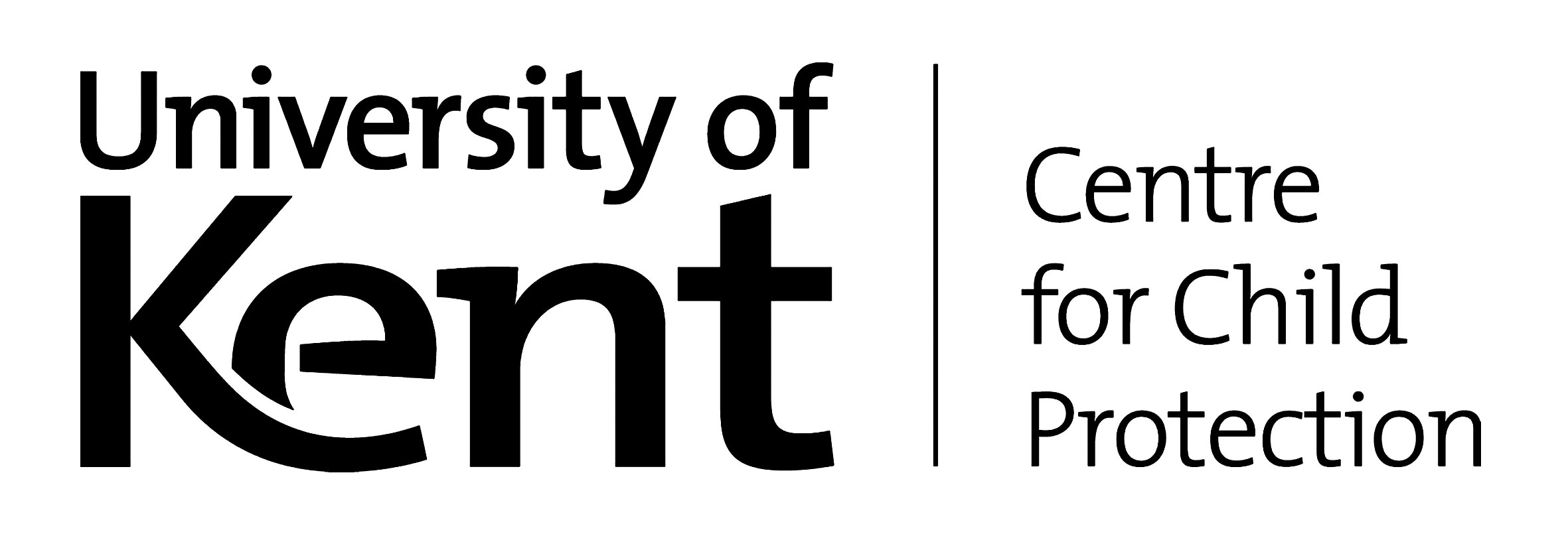
![]()

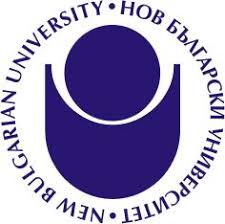
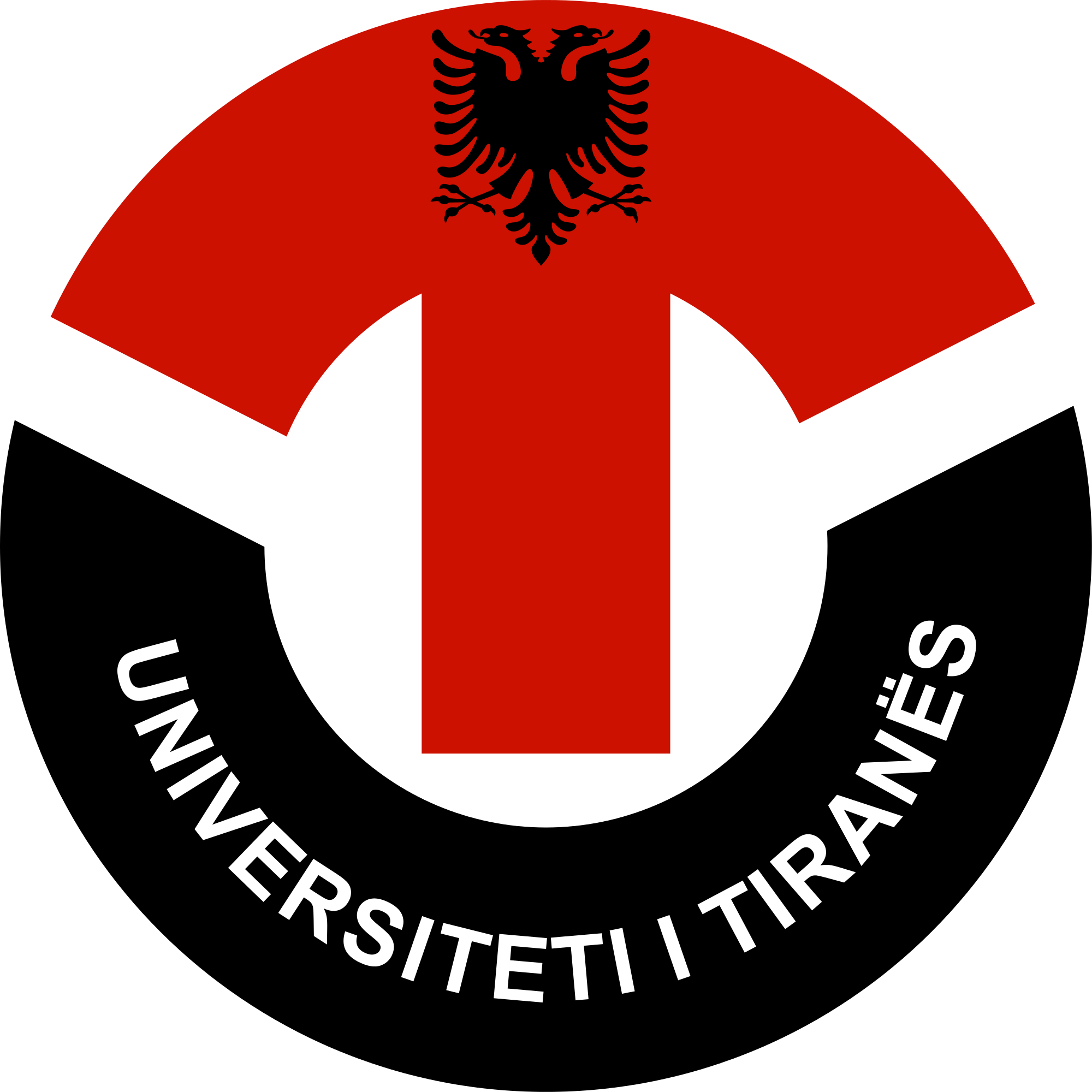
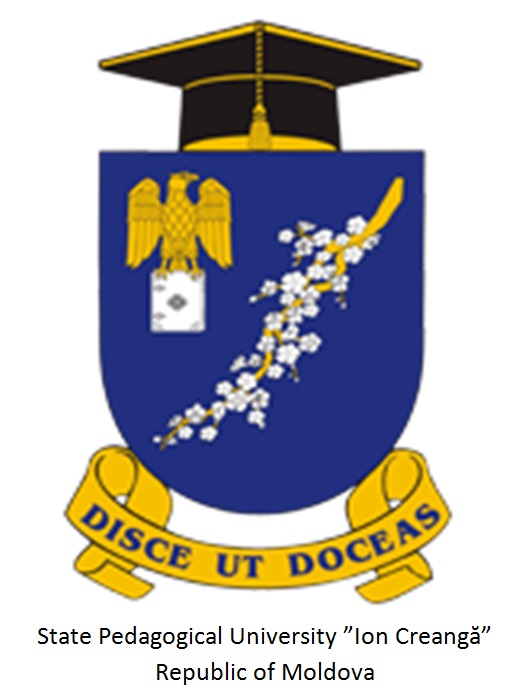
For further background on this
subject we suggest reading:
Sarkin, J (2017). Respecting and protecting the lives of migrants and refugees:
the need for a human rights approach to save lives and find missing persons.
The International Journal for Human Rights. 22 (2), p 207-236
 The development of this online learning course was financially supported by the European Union's Erasmus+ program.
The development of this online learning course was financially supported by the European Union's Erasmus+ program.